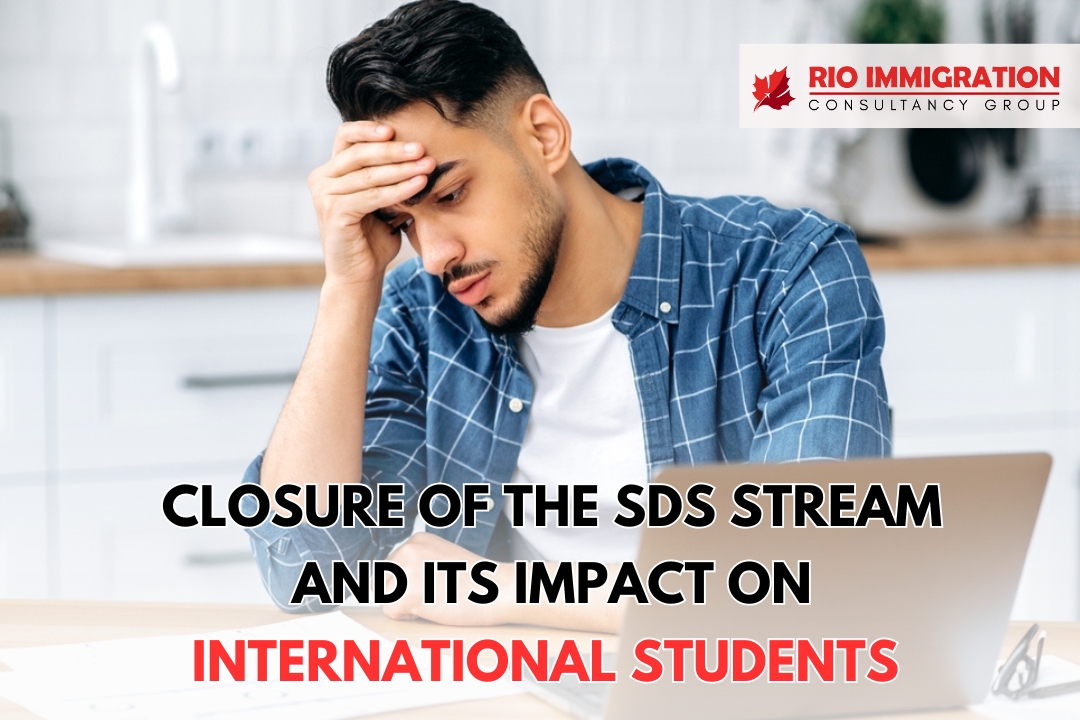
Canada has announced significant changes to its Student Direct Stream (SDS), with the program no longer accepting applications from students in several participating countries. Students from China, Brazil, Colombia, Costa Rica, India, Morocco, Pakistan, Peru, the Philippines, Senegal, St. Vincent and the Grenadines, Trinidad and Tobago, Vietnam, Antigua and Barbuda are affected by this trend.
Understanding the SDS Stream
Introduced in 2018, the SDS was designed to offer faster processing for eligible study permit applicants from specific countries. Students had to fulfill requirements such language competency, financial stability demonstrated by a $10,000 Guaranteed Investment Certificate (GIC), and the timely completion of medical and biometric tests in order to be eligible. Students who wanted easier application standards and faster processing times were very interested in this stream.
Why Is the SDS Closing?
The decision aligns with Immigration, Refugees and Citizenship Canada’s (IRCC) evolving international education strategy. The Canadian government is probably trying to address the large number of student permit requests within more broad frameworks and expedite application procedures by moving away from the SDS.
Impacts on Students from Affected Countries
Students who relied on the SDS for quick application processing are directly impacted by its closure. Important countries that contribute significantly to Canada’s international student population, such as Vietnam, the Philippines, and India, will now have to apply through standard study permit procedures, which frequently have more rigorous requirements and longer processing times.
Alternatives for International Students
Students can still pursue their Canadian education aspirations through the general study permit process. While this might take more time, the following steps can enhance chances of success:
Comprehensive Documentation: Verify the accuracy and completeness of all necessary paperwork, academic records, and evidence of financial assistance.
Language Proficiency: Achieve high scores in IELTS or TEF (as applicable).
Program and Institution Selection: Select reputable Designated Learning Institutions (DLIs) to back up your application.
Seek Guidance: To handle the complicated application process, work with certified immigration advisors like Rio Immigration.
What This Means for Canada’s Education Landscape
In conclusion, while the closure of the SDS stream poses challenges for students from affected countries, Canada remains a top destination for higher education. International students can still achieve their study goals by navigating the general study permit route with diligence and proper preparation. Comprehensive documentation, strong language proficiency, and expert guidance from trusted consultants like us can make all the difference.
Therefore, we at Rio Immigration Consultancy Group are dedicated to assisting international students in realising their academic goals. Get in touch with us right now for more help navigating these developments and comprehending your options.


